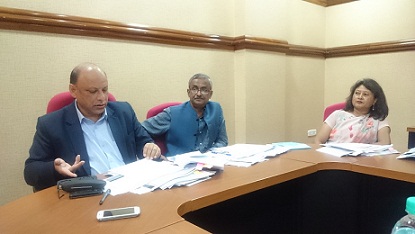
SHILLONG, JULY 8: Despite the ban on coal and closure of most of the wine stores- the twp major avenues for revenue in the state- the Meghalaya government on Friday claimed that the state’s financial position is in ‘good health.’
The state finance department during its presentation on the financial position of the state before the Meghalaya State Planning Board (MSPB) in its full-board meeting held on Friday made the claim.
Chaired by the MSPB chairman Salseng C Marak, former chief minister, the meeting was attended by chief secretary, senior officials from finance and planning departments.
Addressing newsmen after the meeting, MSPB co-chairman John Kharshiing said, “The NGT ban on coal mining has been a big impact on the revenue sources of the state. However, overall financial position as per the presentation, the state government has managed to ‘weathered the storm’ of the NGT ban on coal mining.”
When asked, he said, “We have been given documents on the presentation, which the working groups under the Board will accordingly examine and come back with their reports.”
Kharshiing informed that the board’s chairman has also emphasized the need to review the physical achievements of the allocations in the next meeting. Stating it is time that the state need not depend on coal as a resource, he said, “We will also find out the kind of revenue we get from tourism sector in the state.”
He said the state government has also adopted austerity measures by imposing a 20 percent cut in most of the departments in order to stabilize the resources.
According to him, the GSDP estimated during 2016-17 was at 3.63 per cent which is below the national average at 4.5 percent.
On the non-tax revenue collection of the state, Kharshiing said, “While in 2013, it was Rs 596 crore, this was reduce to Rs 343 crore in 2014-15 and last year the amount deep down to Rs 228 crore.”
He however said in the state’s own tax revenue, the projected estimates was Rs 1058 crore which was much higher compared to Rs 939 crore generated in 2014-15.
Informing that the centre has agreed to allow implementation of centrally sponsored schemes under 90:10 pattern in 11 states including 8 in NE states and 3 in Himalaya states, he said, “The central shares released for the state in 2015-16 was Rs 1202 .99 crore, in 2014-15 – Rs 1341.68 crore and in 2013-14 – Rs 1439.6 crore. The state government is also corresponding state shares.”
Stating that huge chunk of non-plan expenditures is on salary, the co-chairman said, “Of the total expenditure of Rs 7617 crore during 2015-16, Rs 3004 crore was on salary, Rs 588 crore on pension, Rs 466 crore on interest and Rs 1269 crore on capital payment.”
According to him, salaries and maintenance of existing assets including roads falls under non-plan expenditures.
With regards to the recent closures of wine shops in view of the amended Excise Rules, Kharshiing said, “Rs 141 crore was generated from excise department in 2015-16 and Rs 170 crore in 2015-16. The department has projected to generate Rs 238 crore in 2016-17,” adding “The next step is for us to find out whether there is any impact from recent closure of wine shops in the state.”
Meanwhile, the meeting has also discussed the functioning of NITI Ayog, which was earlier known as the Planning Commission.
MSPB deputy chairman Manas Das Gupta said that the earlier the planning commission granted lump sum grant and it has been done away with under the NITI Ayog, which is now considered as a think tank of the centre government.
He said the NITI Ayog has also restructured all 137 centrall sponsored schemes to only 66 central sponsored schemes and 8 central sector schemes (which are under core and non core schemes).
Reviewing the budgetary funding under Article 275, Kharshiing however said that the allocation is small in this sector in which only Rs 28.54 crore was allocated to the Ministry of Tribal Affairs during the year 2016-17.
The funding is mostly for education, health, agriculture and allied sectors besides others, he said while informing that discussion was made for proposing to the centre to increase the present allocation.-By Our Reporter











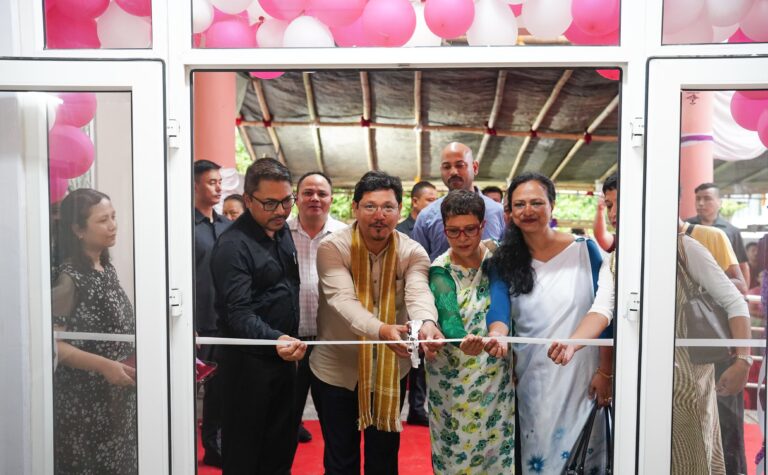
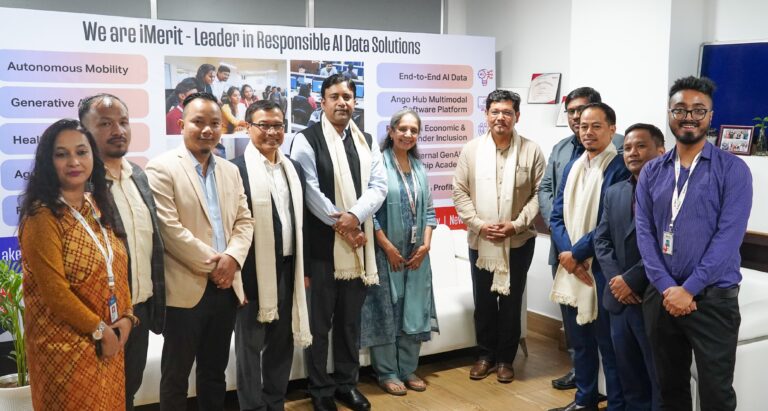
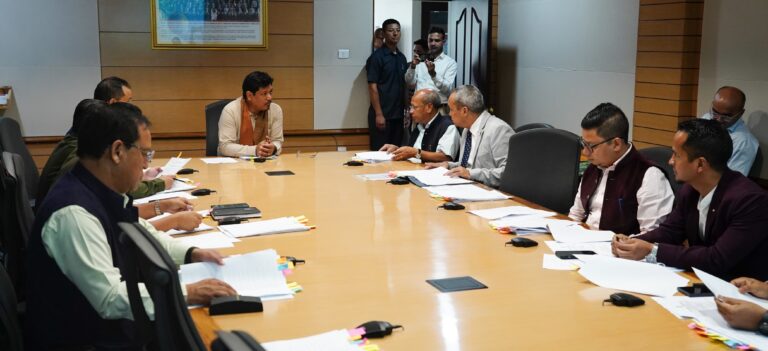
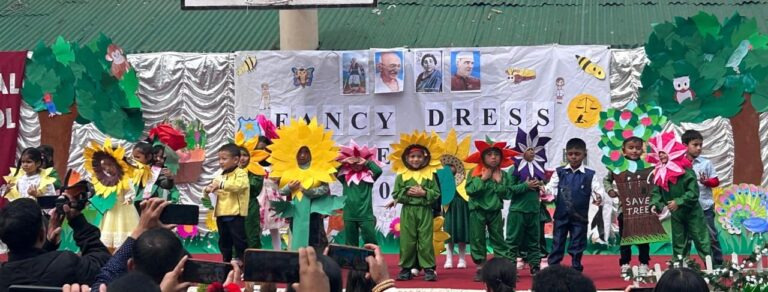
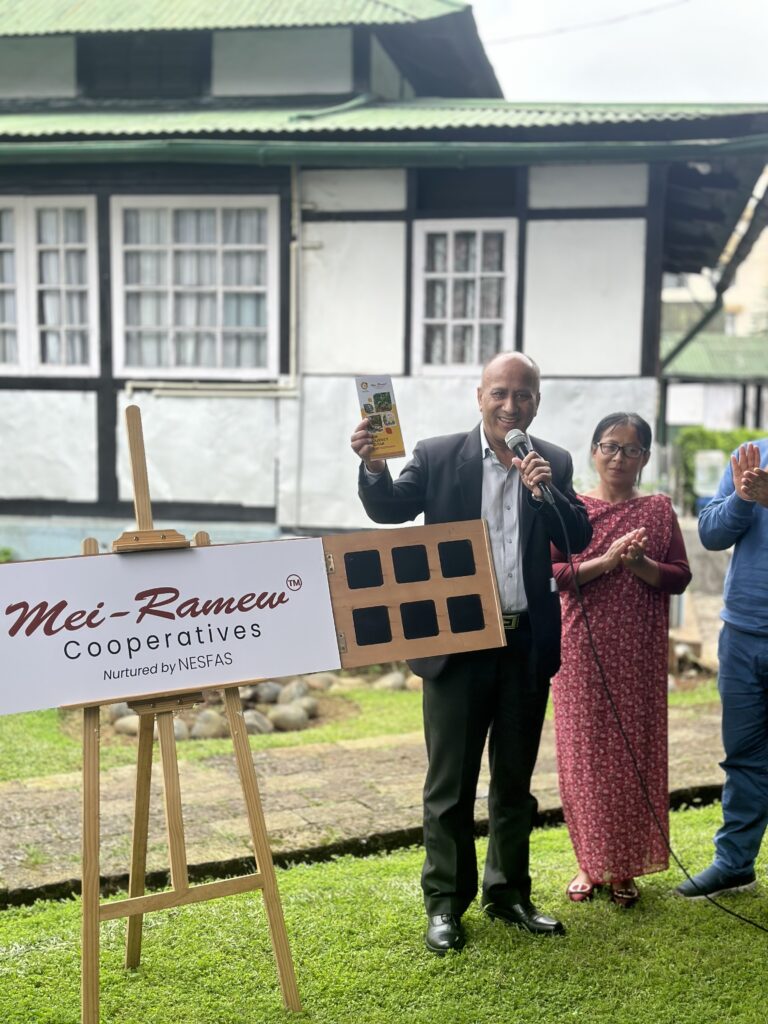
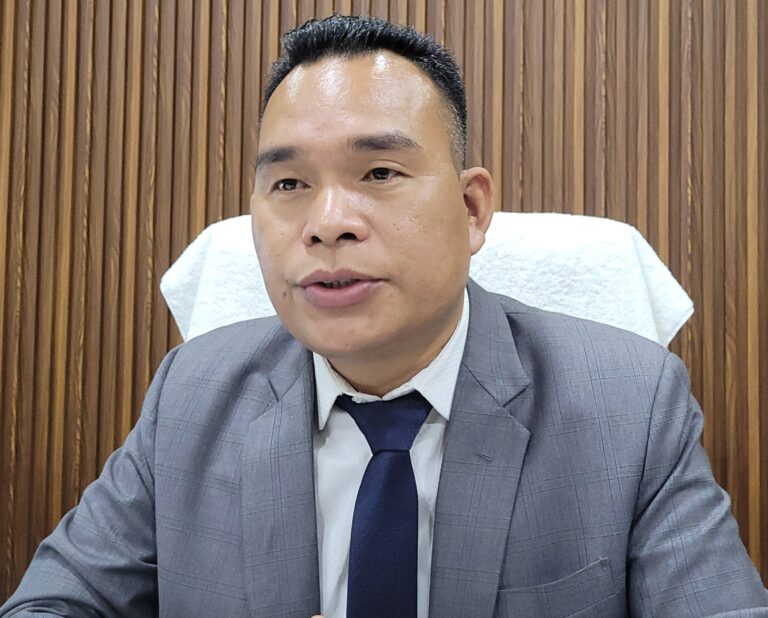
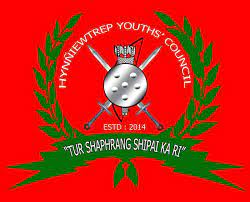


+ There are no comments
Add yours